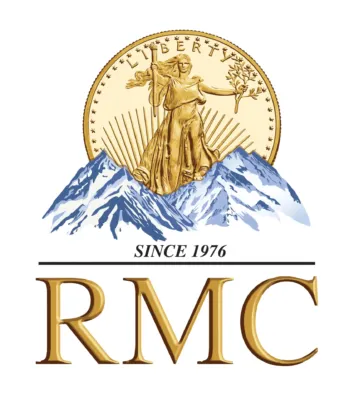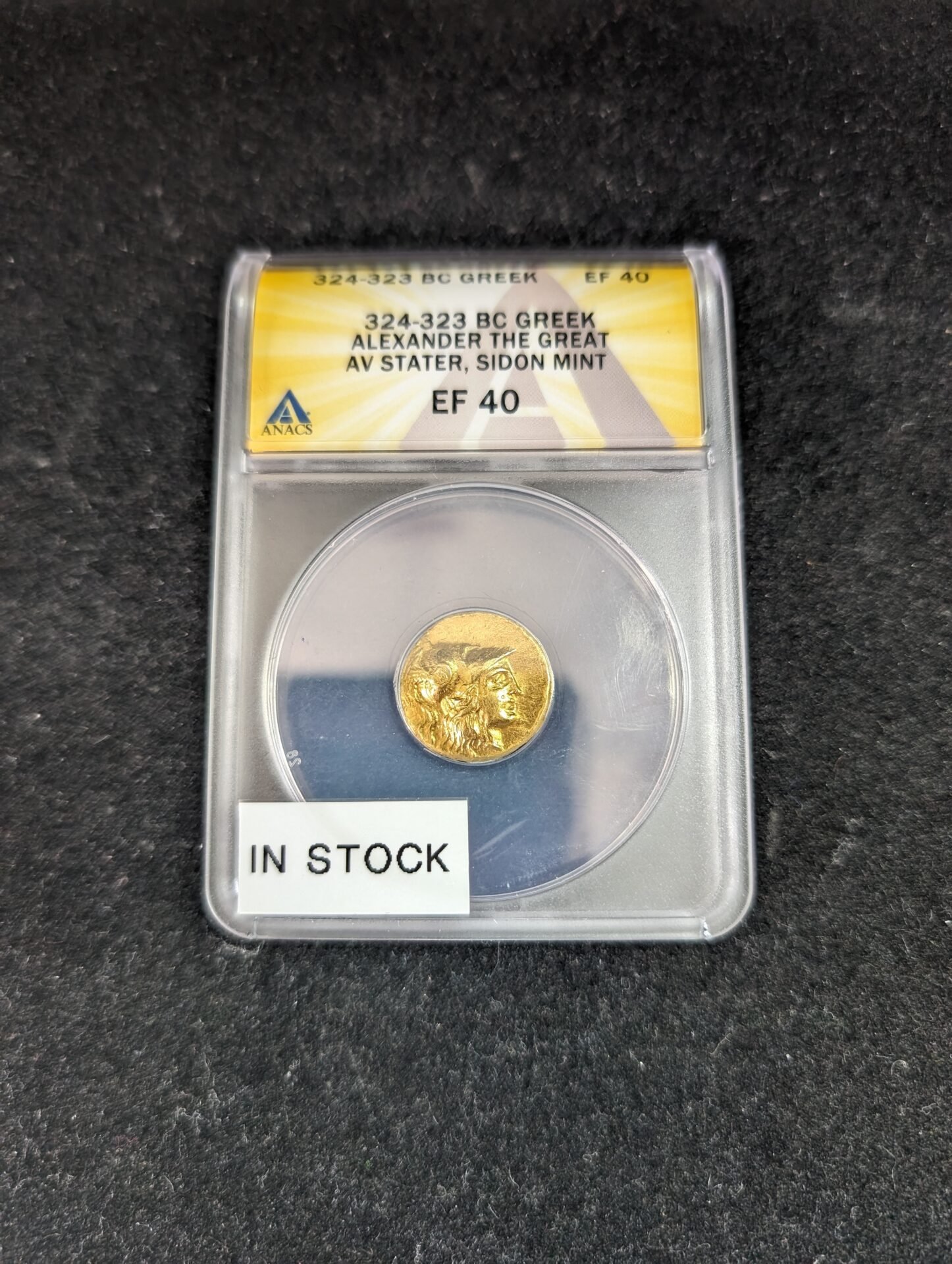To a bounty hunter, the thrill is in the search. But to a treasure hunter, the greater thrill is in the find. And Colorado is as good a place as any for those who like to seek and find coins or other rare objects.
Of course, tastes vary. Those who enjoy collecting coins may want them in mint (or close to mint) condition. And not every collector wants to invest in a metal detector or spend a lot of dusty hours on the hunt, particularly if the hunt yields no results.
But for those who love adventure in the outdoors, a treasure hunt is almost irresistible.
If you’re anxious to put your new metal detector to good use, follow these six tips before you hunt for Colorado’s buried treasures.
1. Be Realistic
Seasoned treasure hunters have learned that for every successful find, they may experience multiple fruitless searches. Expect to find your fair share of metal cans along the way.
Beginners don’t need to feel too discouraged, though. Through patient and well-planned searches, you can zero in on the best search areas and find occasional items of interest. Also, decide from the onset that this is an interesting hobby, but probably not a way to make steady cash. Stay enthused-but realistic too.
2. Be Responsible and Respectful
It’s one thing to putter around your back yard or your uncle’s farm as you search. But if you’re on public grounds, it’s also your job to respect the history behind any artifacts you find.
For instance, if you stumble upon items that require an archeologist’s input, contact an area historical society or your municipal leaders for assistance. Archeologists like to note exactly how items were found so they can establish a context. Take photos before you unearth interesting objects.
Some archeologists even allow amateur treasure hunters to sweep a given area for metals, tagging each section as they go. If you like archeology and don’t care about owning a historical object for yourself, this may be a responsible way to have your fun and still respect the history surrounding a find.
And of course, if you find a wedding ring or a lost item that clearly belongs to someone, do your best to seek out the owner (use social media and online bulletin boards as a start).
3. Know Where to Look
One of the easiest ways to find good locations for treasure hunts is to join local Colorado treasure, archeology, or coin collector clubs and associations. Even if you prefer a solitary search, you can still find out important information about searchable areas.
Of course, some treasure hunters like to feed their imaginations when they search. If you’re fascinated by mythology surrounding a certain locale, go ahead and search for legendary areas. Just be sure to take a good compass and map with you so you don’t get lost.
Examples of mythical Colorado treasure locations include:
- Lost platinum mine – While searching in northwestern Colorado (near Dinosaur National Monument), a lone prospector supposedly found this mine only once. Can you find it?
- Hardcart Creek/South Platte River Junction – When the Jim Reynolds Gang buried hundreds of thousands in silver and gold coins, this junction was the supposed location.
- Route 119 Ghost Towns – Somewhere between Nederland and Boulder lie the infamous “Gold Hill” ghost towns. But to search this area, you first need to gain permission.
4. Ask for Permission
Old ghost towns aren’t the only search areas that require prior permission. Any time you set foot on private property, you may forfeit rights to anything you find. More importantly, you are trespassing if you don’t gain prior permission to enter.
Ask your city leaders or librarian how to find the owner of a given property. Also, remember, private land may not always look private. Find out before you venture out.
5. Consider Ordinary Spots
While an old building site may be less romantic than a ghost town, ordinary spots can yield interesting results for treasure hunters. Consider trail heads, parks, demolition sites, or pavement tear-downs.
One word of caution: ethics still matter. You may get in trouble if you search and find items on government property, state parks, and fenced building zones. Always ask for permission first. That said, if you know a sidewalk or street is due for demolition and repaving, look for in-between phases when workers are off the site.
Just be sure to leave ground the way you found it.
6. Consult Your Local Coin Experts
Serious coin collectors know they’re less likely to find a rare coin on a trailhead or by a river. Instead, they turn to a reputable coin dealer for assistance.
Likewise, if you only use your metal detector a few times a year, ask your coin dealer for further tips. A good dealer will know your prospects for finding a particular coin. Just ask.
Want to determine the value of an item? If you’ve found a necklace or unusual coin during your adventures, ask your dealer for help to determine an artifact’s value. It’s always smart to discuss your latest treasure with people who understand valuable metals and coins.
In the meantime, your treasure may be around the next corner. Enjoy the search!




